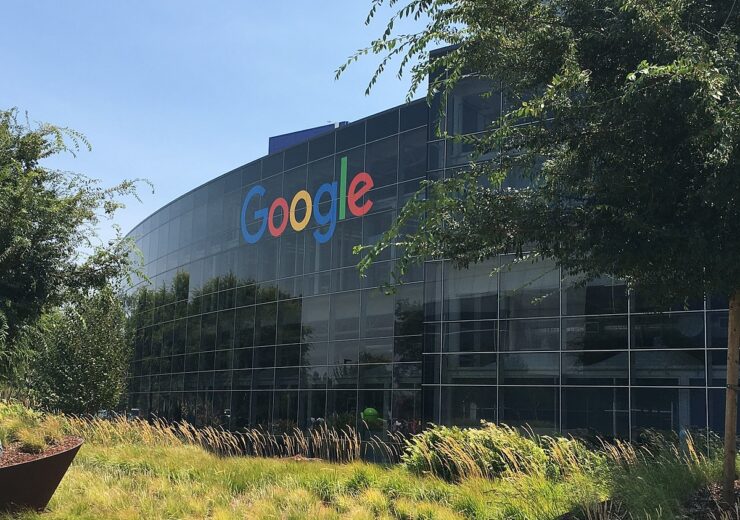The new company will be part of Google parent company’s Other Bets segment

Googleplex, home to Alphabet Inc., in Mountain View, California. (Credit: The Pancake of Heaven!/WIkipedia)
Google’s parent company Alphabet has announced the launch of a new company called Intrinsic to develop software tools for industrial robots.
Intrinsic will be an independent Alphabet company, operating within its Other Bets segment. It was a segment of X, the company’s moonshots division.
It will engage in unlocking the creative and economic potential of industrial robotics for businesses, entrepreneurs, and developers.
The company will be led by Wendy Tan-White, an entrepreneur and investor who has served as vice president of moonshots since 2019.
Tan-White said: “After five and a half years developing our technology at X, we’re now ready to become an independent Alphabet company, leaving the moonshot factory’s rapid prototyping environment to focus on developing our product and validating our technology.”
Intrinsic will develop software tools to simplify the usage of industrial robots and also make them less expensive and flexible.
The company intends to partner with automotive, electronics, and healthcare companies, which are already using industrial robotics.
It has been testing software that uses techniques like automated perception, deep learning, reinforcement learning, motion planning, simulation, and force control, in collaboration with teams across Alphabet, and with partners in real-world manufacturing settings.
In one of the tests, a robot was trained in two hours to complete a USB connection task, which would have taken hundreds of hours to programme. The team also orchestrated multiple robot arms to assemble an architectural installation and a simple piece of furniture.
Tan-White said: “None of this is realistic or affordable to automate today — and there are millions of other examples like this in businesses around the world.
“This all hints at the potential for Intrinsic’s software to radically reduce the time, cost, and complexity required to use industrial robots — and therefore their long-term potential to help with a much wider range of problems and drive up the diversity of goods that can be produced affordably and sustainably.”
In April, Alphabet reported a net income of $17.93bn for the first quarter of 2021, an increase of 162.5% compared to $6.83bn in the same quarter of the previous year.


